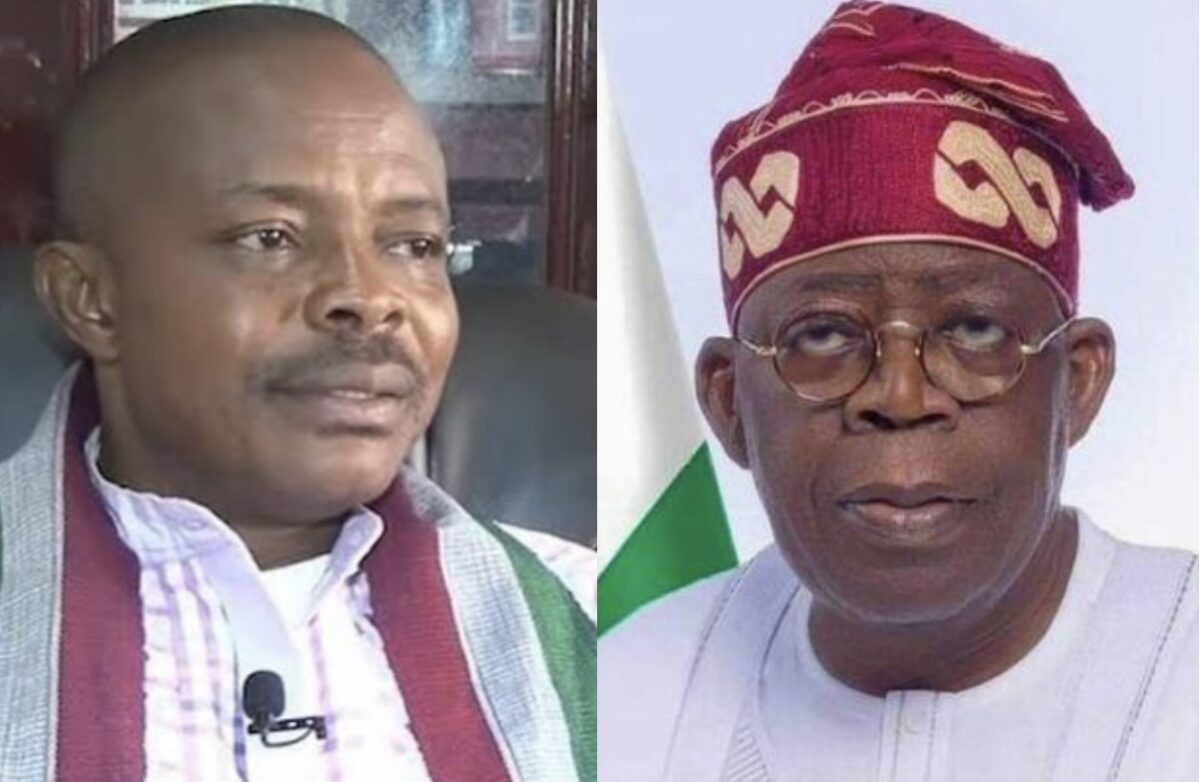The Nigeria Labour Congress (NLC) on Monday blamed the federal government for the strike action embarked upon by workers in the country on 5th and 6th September 2023.
The NLC President, Joe Ajaero, made the submission during the fresh meeting between the NLC and the Minister of Labour and Employment, Simon Lalong, in Abuja on Monday.
According to him, the government failed to meet any of their demands but kept asking for time while they as NLC executives were tired of explaining government failures to their members.
Some of the demands made by the labour leaders in the wake of the fuel subsidy removal by the government of President Bola Tinubu include: upward wage review, tax exemptions and allowances to public sector workers, provision of Compressed Natural Gas buses, the release of modalities for the N70bn for Small and Medium Enterprises, the release of officials of the National Union of Road Transport Workers by the police among others.
Ajaero however lamented the lack of trust between the government and the union in the negotiation process but expressed optimism that the latest round of meetings would yield positive results.
Speaking before Monday’s meeting went into a closed-door session, Ajaero said: “We came with mixed feeling about whether it will work or not because we have had many meetings, some beyond this level, yet nothing seem to be coming out of it. But I have great optimism in the Nigerian project; we can’t stop trying. We are here with the belief that something may happen. But that doubt, that trust gap is what we feared for a long time now and it calls for lamentation.
“The strike is an effect of a policy that doesn’t have a human face. There was no strike before the removal of the fuel subsidy. It was the government that said ask for palliatives, ask for wages and we have asked for it. That warning strike was a product of frustration, up till this moment.
“We must work together to ensure that we don’t keep on dragging these issues. It is the Nigerian people that are being affected, they are the people that are suffering. We have a lot of demands that we have put on paper for the government. There is the issue of CNG, refineries working, wage awards and cash transfers. Of all these agreements, not even one has been addressed by the government and you want us to meet every day.
“Some of us have been around for a long time and our job is not to go on strike but when you enter into an agreement that agreement should be implemented. Before the warning strike, we raised the issues of palliatives and wage awards and the NURTW.
“Nobody earning N30,000 or N60,000 will buy fuel for one week. We need to find solutions to all these problems and we have articulated them. Each time we finish they ask for time. They asked for eight weeks we gave them. They asked for four weeks we gave them. We don’t know what to tell our colleagues or members again. We hope that at the end of this meeting we will have something to tell our members. This is a neck breaking meeting.”
Lalong Responds
In his reaction, the Minister of Labour and Employment, Lalong said the government is aware of developments in the country and fully committed to addressing all the issues that led to their warning strike.
The Minister stated however that the government approach in addressing the demands of Labour must be holistic and sustainable.
Lalong said: “In recent months, our country has witnessed teething challenges, marked by industrial actions and unrest that have adversely affected the economy. I appear before you today not just as a representative of the government, but as an advocate for constructive dialogue, aspiring to understand your concerns and working hand in hand to find lasting solutions that benefit all Nigerians.
“I fully acknowledge and appreciate the invaluable role the NLC plays in championing for the rights and welfare of our workers. Your dedication and tireless advocacy have been critical in shaping a fair and inclusive work environment and ensuring the wellbeing of our workforce. We acknowledge the valid grievances that have fueled the recent labour crisis, and we are committed to addressing them in a just and equitable manner.
“We must also recognise the economic realities that confront us. As we address the concerns of our workforce, we must be mindful of striking a balance that promotes economic growth and secures sustainable progress for our nation. Today, I call upon each one of you to join hands in an open-minded and constructive dialogue, enabling us to bridge any gaps that may exist between the interests of workers and the ultimate goal of driving economic advancement.”
